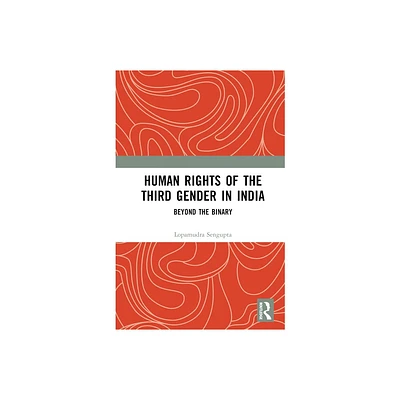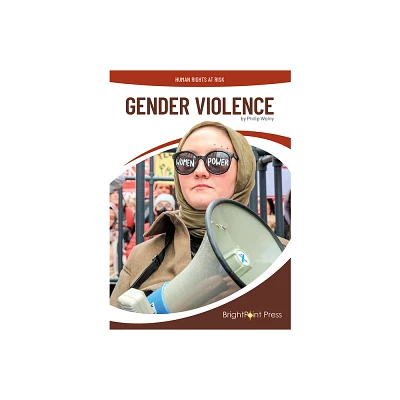Home
Human Rights of the Third Gender India: Beyond Binary
Loading Inventory...
Barnes and Noble
Human Rights of the Third Gender India: Beyond Binary
Current price: $160.00


Barnes and Noble
Human Rights of the Third Gender India: Beyond Binary
Current price: $160.00
Loading Inventory...
Size: Hardcover
*Product Information may vary - to confirm product availability, pricing, and additional information please contact Barnes and Noble
This book engages with the discourses on human rights as they apply to the transgender or the
hijra
community in India, capturing not only their larger struggle for legal rights and dignity but also their personal hardships. It situates the issues and concerns of the Indian transgender community within a global context to explore the extent of social justice in independent India.
By narrating stories of individuals, local movements and activities of groups like the Association of Transgender/Hijra in Bengal (ATHB) and others, the book gives context to the changes that globalisation has brought to the narrative around transgenders in India. This shift has challenged their marginalisation and has led to stories, films and queer individuals like Chapal Bhaduri – the jatra rani – and the iconic filmmaker Rituparno Ghosh to flourish and become relevant. This book brings these literatures and personal stories to the fore, allowing readers to perceive the changes and the challenges that Indian society faces when it comes to ensuring the rights for transgender people.
This volume will be of interest to scholars of gender studies, queer studies, literature and social work along with readers who want to engage with the transgender movement and community in India.
hijra
community in India, capturing not only their larger struggle for legal rights and dignity but also their personal hardships. It situates the issues and concerns of the Indian transgender community within a global context to explore the extent of social justice in independent India.
By narrating stories of individuals, local movements and activities of groups like the Association of Transgender/Hijra in Bengal (ATHB) and others, the book gives context to the changes that globalisation has brought to the narrative around transgenders in India. This shift has challenged their marginalisation and has led to stories, films and queer individuals like Chapal Bhaduri – the jatra rani – and the iconic filmmaker Rituparno Ghosh to flourish and become relevant. This book brings these literatures and personal stories to the fore, allowing readers to perceive the changes and the challenges that Indian society faces when it comes to ensuring the rights for transgender people.
This volume will be of interest to scholars of gender studies, queer studies, literature and social work along with readers who want to engage with the transgender movement and community in India.


















